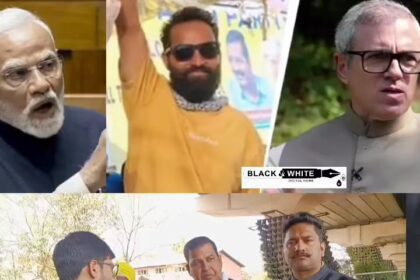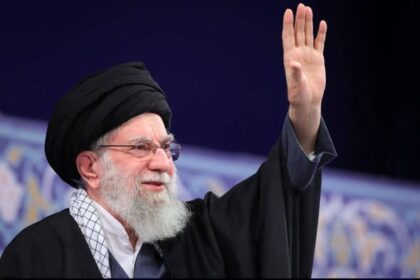PM Modi Seals Historic India-UK Free Trade Agreement, 99% Indian Exports To Get Zero Duty Access
In a historic move set to transform economic relations between India and the United Kingdom, the two nations have concluded a landmark Free Trade Agreement (FTA) that promises to reshape the future of bilateral trade, create new employment opportunities, and strengthen India’s integration with global markets.
Announced jointly by Prime Minister Narendra Modi UK PM Keir Starmer, this modern and comprehensive agreement marks a major step forward in India’s journey towards becoming a global economic powerhouse. It aligns with India’s vision of Viksit Bharat 2047 and builds upon the momentum from the G-20 Summit held in Rio de Janeiro in November 2024, where the two leaders reaffirmed their commitment to deepening economic ties.
Following those discussions, negotiations gained renewed pace in early 2025 through close coordination between India’s Commerce and Industry Minister Piyush Goyal and UK Secretary of State Jonathan Reynolds.
The FTA eliminates tariffs on nearly 99 percent of Indian exports to the UK, offering tremendous opportunities for key sectors such as textiles, marine products, leather, footwear, sports goods, toys, gems and jewellery, engineering goods, auto components, and organic chemicals. With these tariff reductions, Indian products are expected to gain a significant competitive edge in the UK market, encouraging higher exports and growth across labour-intensive and technology-driven industries.
In addition to goods, the agreement delivers substantial gains in services, with the UK offering its most ambitious market access commitments to date. Indian professionals across sectors like IT and ITeS, financial services, business consulting, education, architecture, engineering, telecommunications, and other digitally delivered services will benefit from new openings in the UK.
The FTA also simplifies mobility for Indian professionals, including business visitors, investors, intra-corporate transferees, their families, and independent professionals such as yoga instructors, musicians, and chefs.
A particularly notable achievement is the exemption secured under the Double Contribution Convention. Indian workers temporarily based in the UK, along with their employers, will be exempt from paying UK social security contributions for a period of three years. This will significantly reduce costs and enhance the competitiveness of Indian service providers operating in the UK market.
PM Modi celebrated the agreement as a “historic milestone” that will deepen the India–UK Comprehensive Strategic Partnership and catalyse innovation, investment, and job creation.
Goyal praised the Prime Minister’s leadership and vision, which has positioned India as a “Vishwa Mitra” or trusted global partner. He described the agreement as a blueprint for equitable, forward-looking trade that benefits farmers, MSMEs, startups, and workers alike.
Commerce Secretary Sunil Barthwal underscored the transformative nature of the deal, calling it the most comprehensive FTA India has ever signed and a benchmark for future trade partnerships. He noted that bilateral trade, currently valued at around USD 60 billion, is expected to double by 2030, propelled by the increased market access and regulatory cooperation offered by the FTA.
Beyond its economic implications, the agreement also promotes transparent regulations, good governance practices, and ease of doing business, reflecting India’s ongoing domestic reform agenda. It ensures that non-tariff barriers do not obstruct the flow of goods and services and supports the development of resilient, sustainable supply chains.









